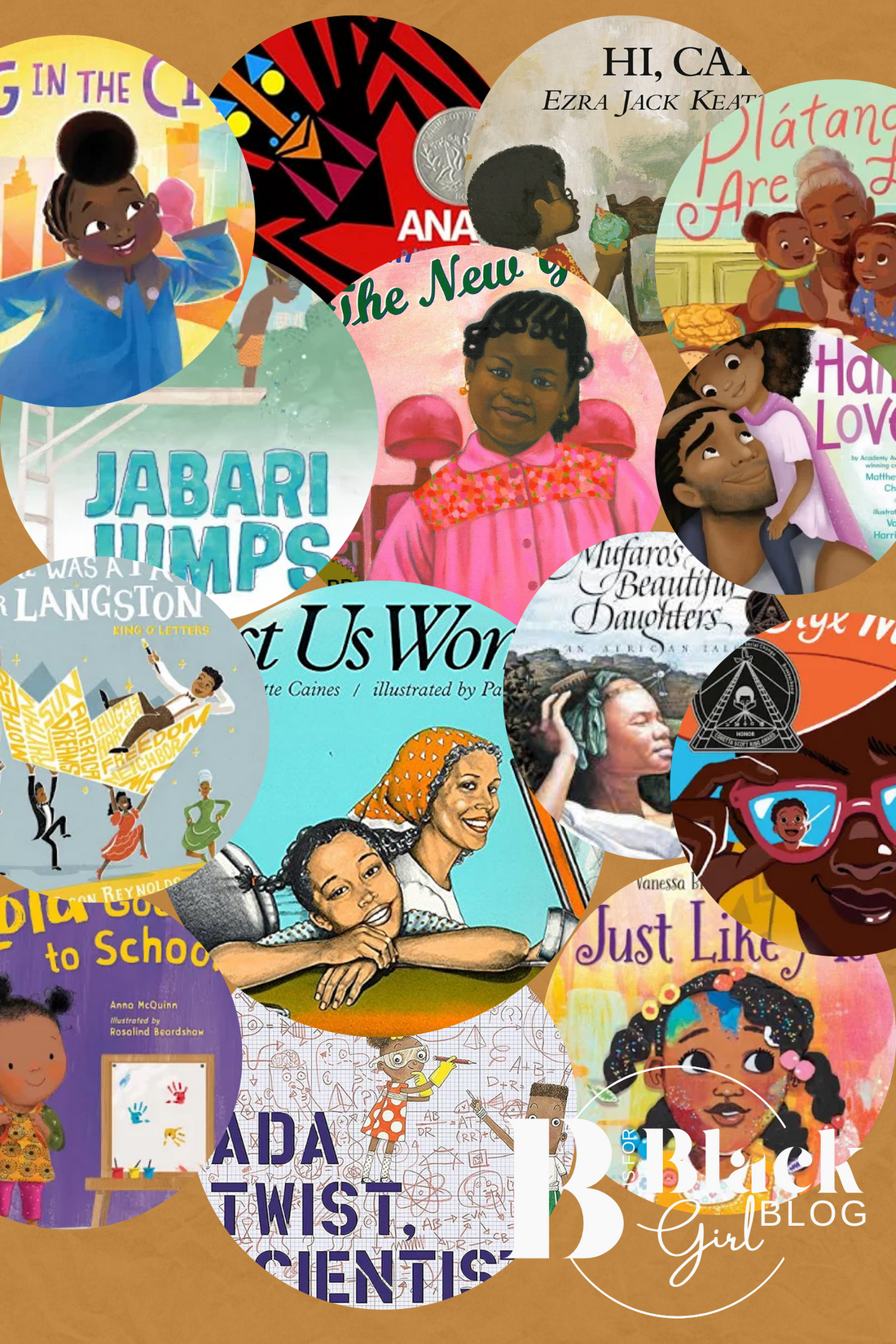
B is for Black Children's Books, Black Characters & Black Voices!
Share
Anansi the Spider, Saturday at The New You, Mufaro’s Beautiful Daughters, Hi Cat, Just Us Women… these are some of the titles we had the privilege of being introduced to as children. We were unaware of the lack of Black stories and voices available to children, because our mother was very intentional about providing Black literature for us. Fast forward to adulthood- being Black women who are also mothers and educators, it wasn't long before we realized there was a void in children’s literature of those very Black stories and Black voices we were fortunate to grow up hearing and reading. Twenty plus years later as we looked for books for our own children the task was discouragingly challenging. Then teaching Black students and attempting to entice them to read with “find a book with a story/author that you can relate to.” Only to have them respond with “there aren’t any,” was equally as discouraging. We decided we would create the literature that our children and students need and deserve. Our goal and our purpose is to create literary works that help to fill the void in Black literature. We are creating children’s literature that positively represents Black people and Black culture by highlighting the many beautiful aspects of our culture and collective identity(ies).
My favorite thing about reading to children is watching their little wheels turn as the story progresses and then watching them light up in wonder and excitement as their predictions come true, or their looks of astonishment and surprise when the unexpected occurs. These precious moments are even more magical when the characters in the story look like them, or the language the characters use is familiar to their little ears. It can be tough to imagine yourself doing something when you've never seen anyone that looks like you do- doing it. This is especially true for children. I've heard countless adults talk about how they never saw a Black person in a book as a child- they didn't know that a Black girl could be a princess, or Black man could save the day. These were foreign concepts to them simply because they had never seen them. They literally couldn't imagine it. When we see somebody that looks like us participating in an activity or filling a role; we automatically believe that "if they can do it, I can do it!" In some ways our concept of self is shaped by what we think of those who reflect us. All children deserve to have positive self-images. All children deserve to see themselves represented in a positive light in literature. All children need to know, "I can be a superhero too!" Or a princess (or prince), doctor, scientist, ballerina, rockstar or WHATEVER!
Who is going to do that for our children if we don't? The answer is NOBODY. Yes, their are the Ezra Jack Keats and Andrea Beatys- who choose Black main characters to make their stories come to life, and their works are awesome! But who can tell our stories better than us, who can channel our voices and experiences better than we can? Who can empower our children better than we can? Who can address actual issues that our children face better than we can? Who can use literature to pass down our culture and traditions better than we can? Who could be more equipped to give our children the tools they need to navigate this world wearing black skin better than we can? The answer is NOBODY. And this applies to any group, not just Black people. Nobody can tell your (community, cultural, traditional etc..) stories better than you can. So we challenge you to get to work. Be the change in children's literature that you wish to see. Write the stories you want your children to hear and read. Create the voices you want your children to listen to.

When we wrote B is for Black Girl, the writing process brought us so much joy because we were telling our own story; we were telling the story of so many little girls and women that looked like us. We laughed, we smiled, we reminisced. It was truly a project written with love. Love, that every Black woman and girl feels when they read through the book and look at the beautiful artwork. Fortunately for our children, books with Black characters and voices are becoming less and less scarce as time goes on. Parents can more easily find Black stories for their children to read. In 2024, you can go to your local Target, Walmart, Barnes & Nobles or Public Library and find books with Black characters and voices just sitting on the shelves waiting for YOU to pick them up! And a quick Google search will lend you tons and tons of titles to explore! Some of the titles you might see are Ada Twist the Scientist, Your Name is a Song, Maybe an Artist, Hair Love, Afro Unicorn, The Buddy Bench, B is for Breathe, When the Beat Was Born, Big Tune Rise of the Dancehall Prince, A Door Made for Me, The Season of Styx Malone, A Cup of Love, Sulwe, Parker Looks Up, Mary Can, Black Boy Joy, Platanos are Love, There Was a Party for Langston, Lola Goes to School, Song In the City, Just Like Me, Operation Sisterhood, Jabari Jumps and thankfully we can say, the list goes on an on!

Hopefully one day, in the not so distant future it'll be a normal occurrence (rather than an anomaly) to see Black books and books representing other cultures integrated into school curriculums. Cause let's be honest, we all benefit from reading other peoples (cultures) stories. We all benefit from seeing our counterparts represented in a positive light. We all benefit from learning about people, places and experiences that are different from ours. Because representation doesn't just matter for the person(s) being represented. Representation matters for ALL of us!
-Channing & Chelsae

